The best professional workstations for any budget
Modelling, rendering and number-crunching - these meaty machines will do it all
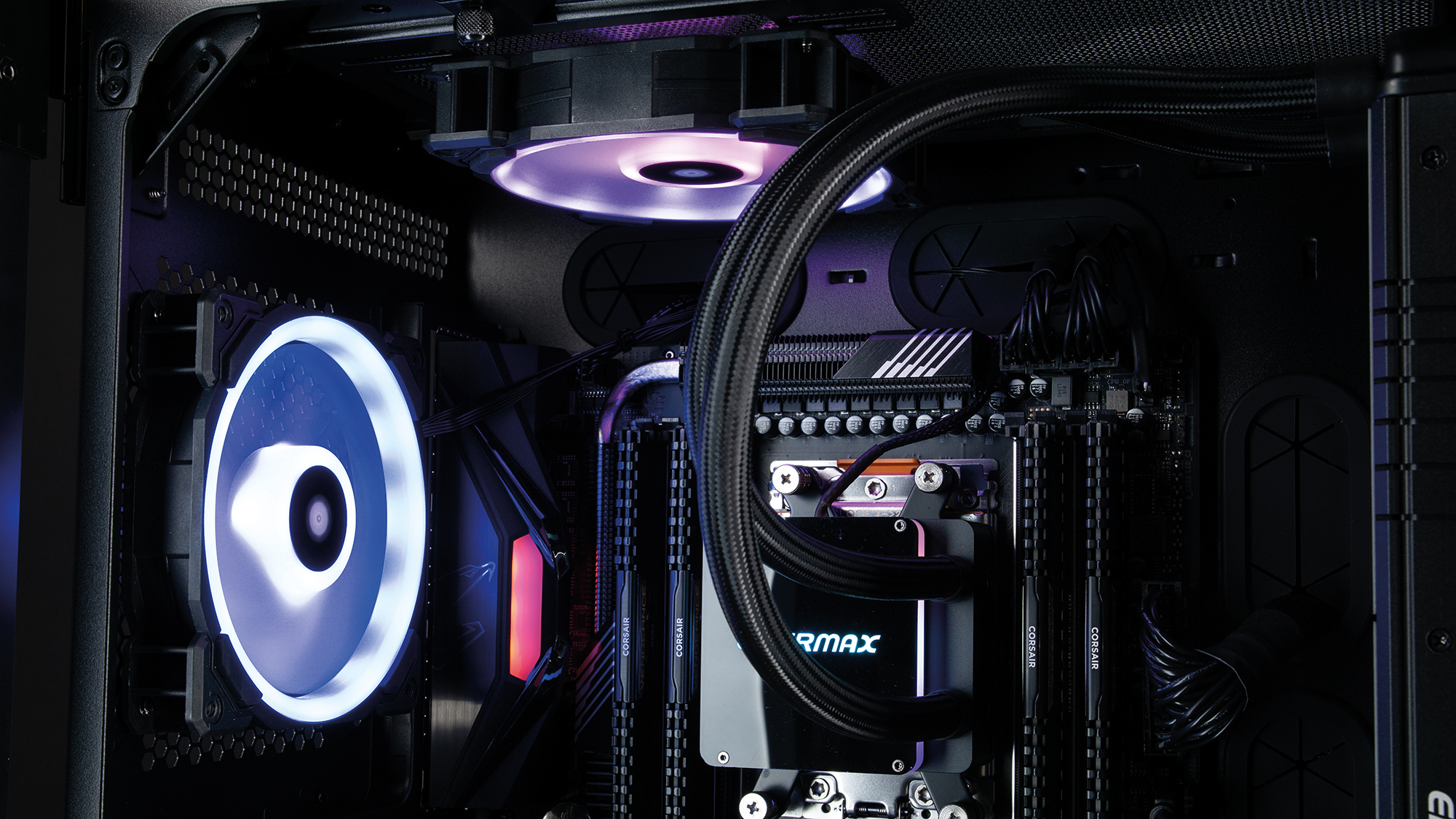

This Chillblast system is another eye-catching design. This one is still black, like most workstations, but the Corsair Crystal Series 680X is a Borg-like cube in shape, which really makes it feel like a supercomputer. With a 32-core AMD Ryzen Threadripper 3970X inside, this system lives up to that image as well.
The supplied 64GB of 3,200MHz DDR4 RAM sounds ample, but our benchmarks suggest 128GB is better for a system with 32 cores or more. Like most of the other systems in this category, Nvidia’s Quadro RTX 5000 matches the processor well for modelling capability.
The generous storage provision includes a 2TB Seagate Firecuda 520 SSD for operating system and apps. This PCI Express 4 NVMe M.2 device provides fast sustained reading of 4,984MB/sec and writing at 4,252MB/sec. A 6TB Seagate Barracuda Pro 7,200rpm hard disk handles general data, with sequential reading of 239MB/sec and writing at 234MB/sec.
You’d hope that a chassis this big has plenty of room for storage upgrades. There are two more 3.5in bays alongside the one holding the existing hard disk, and four 2.5in bays. Perhaps not as much as you might expect, but certainly enough. Like the Corsair chassis supplied with Chillblast’s cheaper systems, this one incorporates some bling RGB lighting, although our sample sensibly came with the lighting turned off by default.
Hampered by the 64GB of RAM – the first time we’ve ever written those words – the Fusion Ripper Render was the slowest 3970X-based system in our benchmarks, achieving 646 overall. That’s only two points quicker than the 24-core Threadripper from Armari. It was also the slowest with the Maxon Cinebench R20 render. However, it took less time than Workstation Specialists’ system to complete the Blender Gooseberry frame with CPU only, and its Adobe Media Encoder CC 2020 video encoding was second only to Armari’s Magnetar. The modelling performance with SPECviewperf 13 is also second to Armari in many viewsets, though, with the notable exception of snx-03.
The Fusion Ripper Render RTX comes in well below the budget for this category, at a penny under six grand inc VAT. However, it’s not the fastest in its class, and the larger hard disk doesn’t make up for its RAM deficit over Workstation Specialists’ offering. We would also have liked 2.5Gbit or 10Gbit networking. But this is still an extremely powerful, well-specified workstation for the money.
Chillblast Fusion Ripper Render RTX 5000 specifications
| Processor | 3.7GHz AMD Ryzen Threadripper 3970X |
| Motherboard | Gigabyte TRX40 Aorus Pro WIFI |
| Expansion slots | 8 x RAM slots (4 free), 4 x PCIe x16 (3 free), PCIe x4 (1 free), 3 x M.2 (2 free), 8 x SATA 600 (7 free) |
| RAM | 64GB DDR4, 3,200MHz |
| GPU | PNY Quadro RTX 5000, 16GB GDDR6 |
| Outputs | 4 x DisplayPort 1.4, USB-C VirtualLink |
| SSD | Seagate FireCuda 520 2TB NVMe M.2 PCI Express 4.0 |
| Secondary drives | N/A N/A N/A, Seagate Barracuda Pro 6TB |
| Optical drives | N/A |
| Dimensions (WDH) | Corsair Crystal 680x (344 x 423 x 505mm) |
| PSU make and model (power output) | Corsair AX1200i 80 Plus Gold (1,200W) |
| CPU cooler | Enermax LiqTech II TR4 360 RGB watercooler |
| Rear ports | Gigabit Ethernet, 5 x 3.5mm audio jack, optical S/PDIF, 5 x USB 3.2 Gen 2 (Type-A), USB 3.2 Gen 2 (Type-C), 4 x USB 2.0, Wi-Fi |
| Front/top ports | 3.5mm combo audio jack, 2 x USB 3, USB 3.2 Gen 2 (Type-C) |
| Operating system | Windows 10 Pro 64-bit |
| Warranty (parts & labour unless stated) | 5yr (2yr C&R, 3yr RTB labour-only) |
Get the ITPro daily newsletter
Sign up today and you will receive a free copy of our Future Focus 2025 report - the leading guidance on AI, cybersecurity and other IT challenges as per 700+ senior executives
Dr James Morris has worked as a technology journalist for over 25 years, including spending nine years on the staff of market-leading computer magazine PC Pro, the last five of which were as the publication’s editor. He specialises in enterprise-grade software and hardware, with a particular focus on content creation. He launched a pioneering video channel for HEXUS.net in 2006 and ran the video reviews channel for TrustedReviews.com for four years. He also runs a successful online digital content and commercial video production company, t-zero communications Ltd.
Dr Morris is a prolific technology writer and contributes commercial content for major IT brands including AMD, BlackBerry, Dell, Cognizant, HP, and IBM. He published a book on artificial intelligence, Can Computers Create Art? in 2009. He is also an academic, and is currently Pathway Director of the MA, Interactive Journalism at City, University of London.
Previously, he was course leader for the BA in Web Media Production at Ravensbourne University. He has a PhD in Philosophy, Art and Social Thought from the European Graduate School in Switzerland, a Master's in Media Arts from the New School in New York, USA, and a Bachelor's in Social Anthropology from the London School of Economics.
Dr. Morris can be found on Twitter at @Cyberwest, or emailed at j@tzero.co.uk
-
 CISA issues warning in wake of Oracle cloud credentials leak
CISA issues warning in wake of Oracle cloud credentials leakNews The security agency has published guidance for enterprises at risk
By Ross Kelly
-
 Reports: White House mulling DeepSeek ban amid investigation
Reports: White House mulling DeepSeek ban amid investigationNews Nvidia is caught up in US-China AI battle, but Huang still visits DeepSeek in Beijing
By Nicole Kobie
-
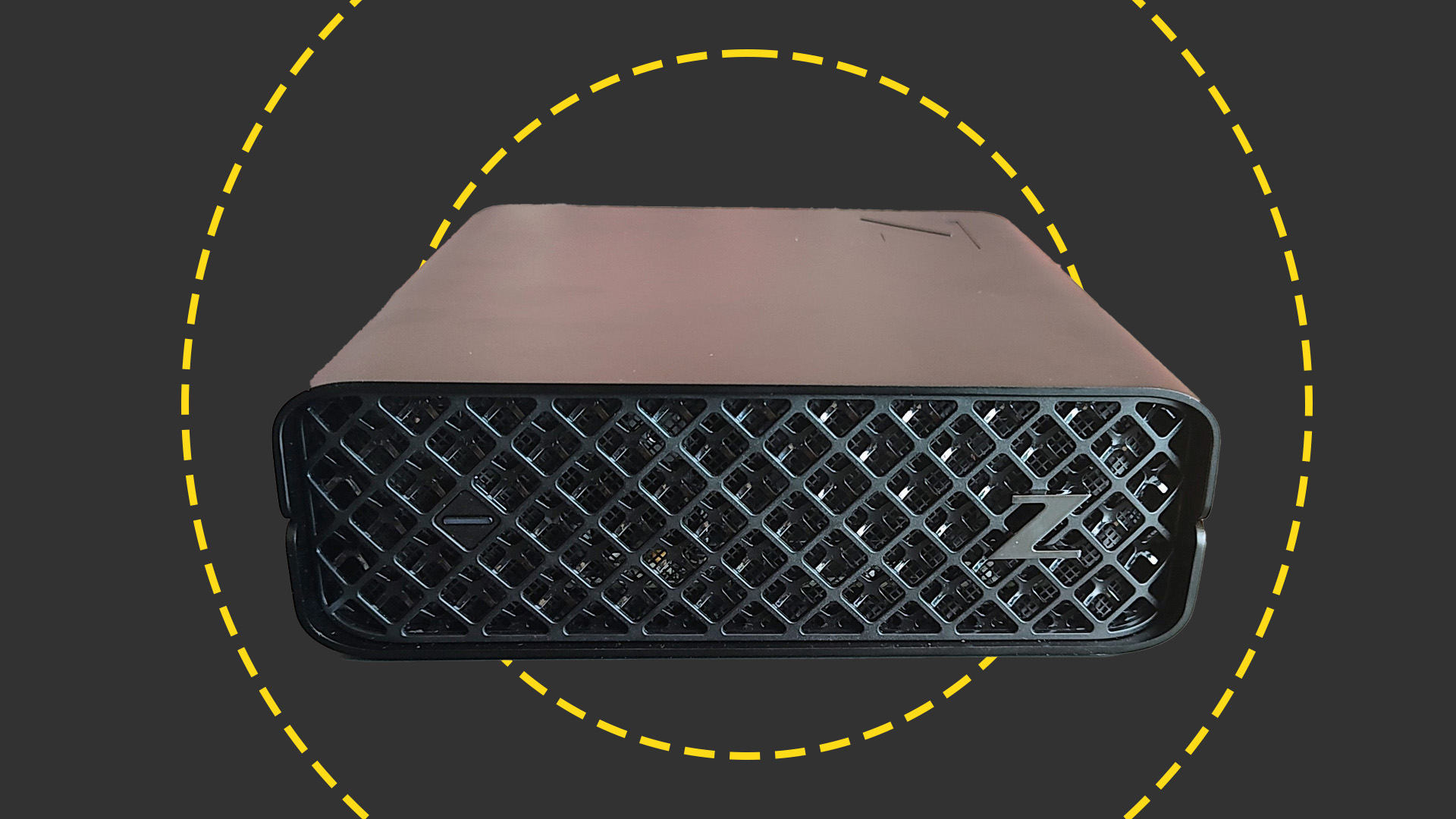 HP Z2 Mini G9 Workstation review: A reasonably potent but very compact workstation
HP Z2 Mini G9 Workstation review: A reasonably potent but very compact workstationReviews A masterclass in fitting a whole pint of PC into a half-pint container
By Alun Taylor
-
Take your workforce to the next level with an HP Workstation
Sponsored If you're looking to boost your enterprise computing power, HP Workstations could be the ideal choice.
By ITPro
-
 Windows admins complain of Dell “bloatware” filling 95% of hard drives
Windows admins complain of Dell “bloatware” filling 95% of hard drivesNews Dell SupportAssist Remediation was blamed for disk allocation issues
By Rory Bathgate
-
 How we test laptops and PCs
How we test laptops and PCsReviews Everything you need to know about our reviews and benchmarking process for computing hardware
By IT Pro
-
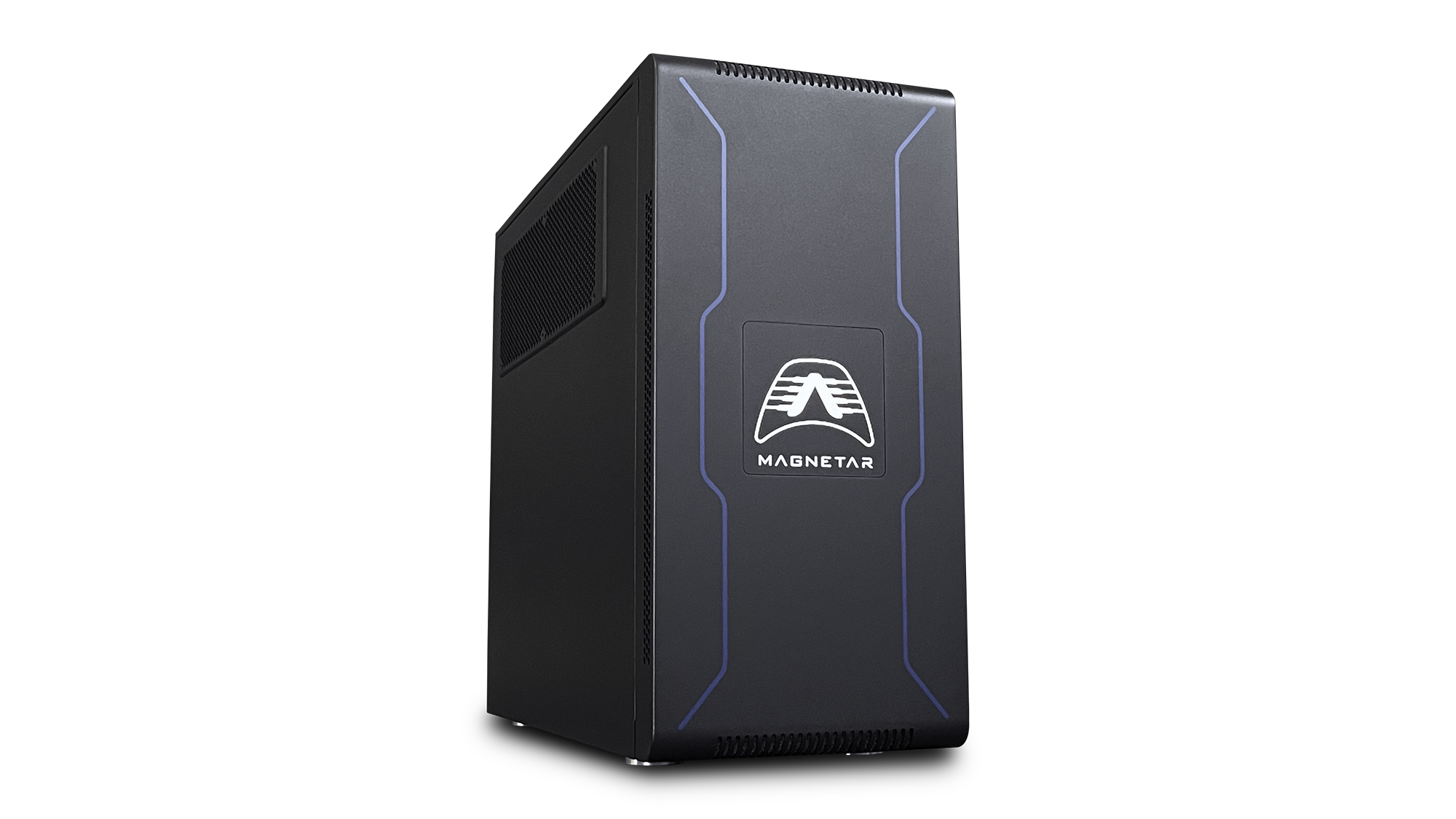
 Armari Magnetar M64TP-RW2000G3 review: Don’t call it a comeback
Armari Magnetar M64TP-RW2000G3 review: Don’t call it a comebackReviews The Threadripper Pro arrives just in time to retain AMD’s crown as king of workstation processors
By James Morris
-
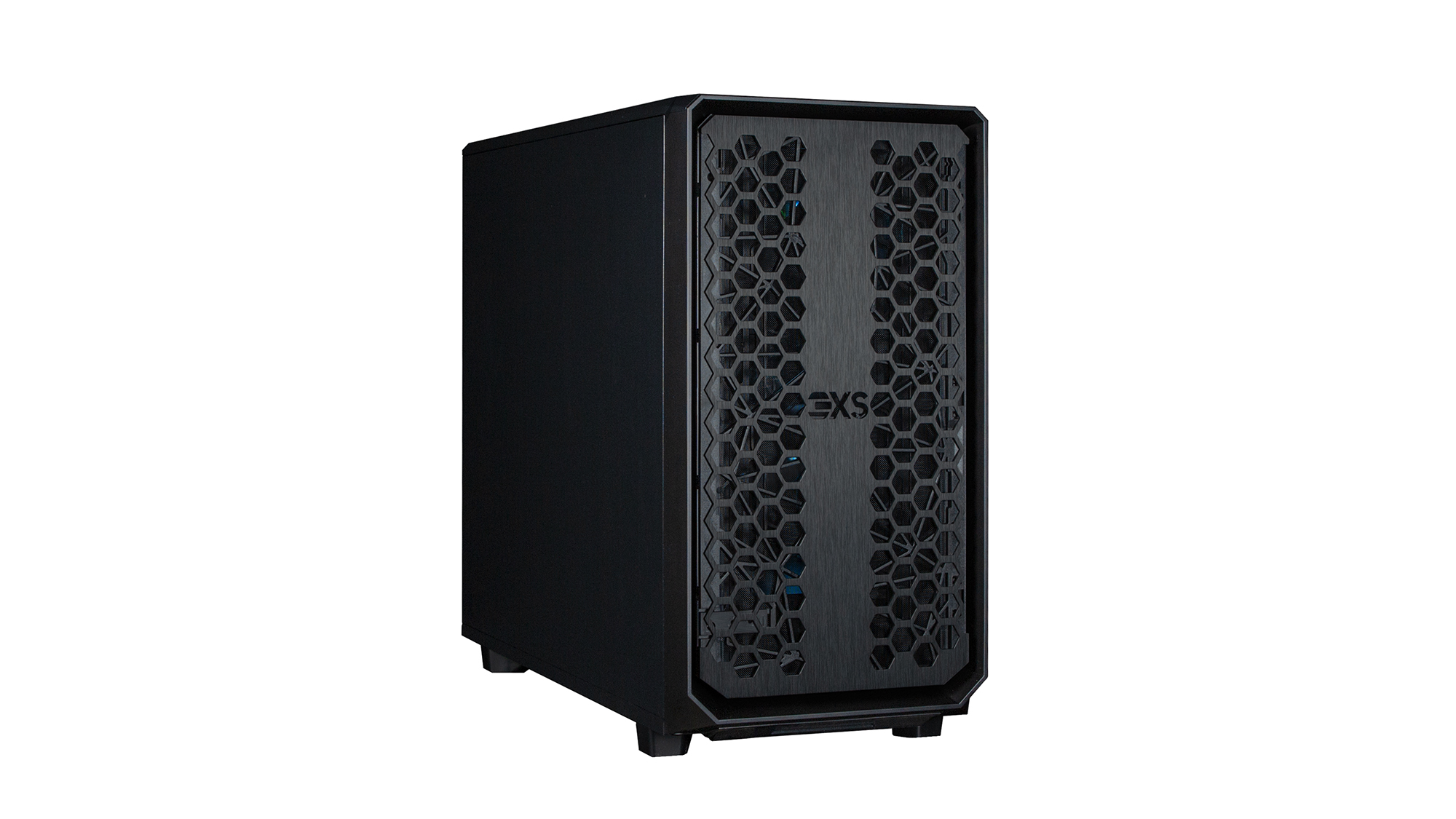
 Scan 3XS GWP-ME A124C review: An Intel-powered workhorse that holds its own
Scan 3XS GWP-ME A124C review: An Intel-powered workhorse that holds its ownReviews A brilliant content-creation showcase for Intel’s 12th-gen Core i9 and Nvidia’s Quadro RTX A4500 graphics
By James Morris
-
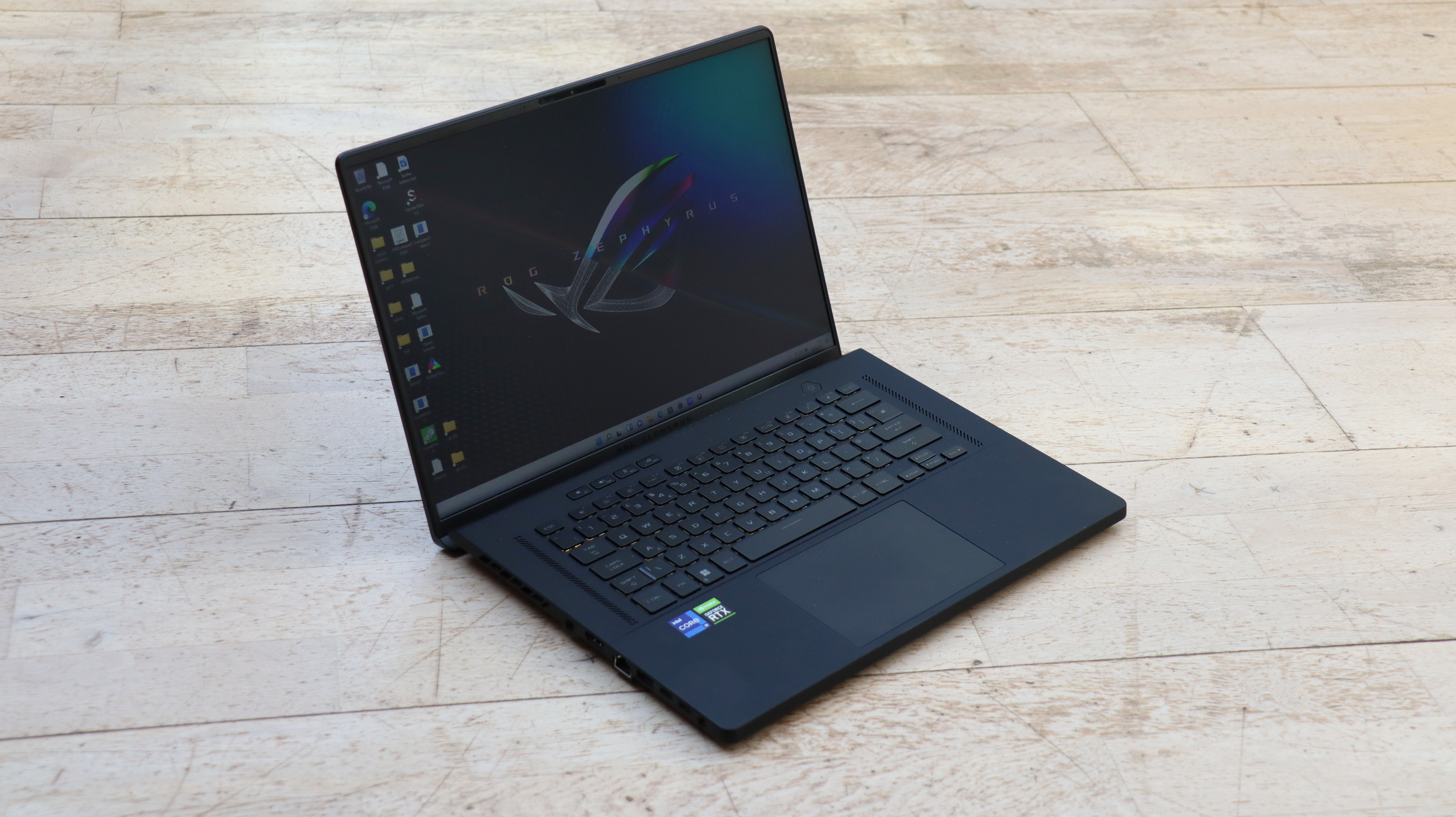
 Asus ROG Zephyrus M16 (2022) GU603Z review: Huge processing power you can carry with you
Asus ROG Zephyrus M16 (2022) GU603Z review: Huge processing power you can carry with youReviews The Zephyrus M16 combines a potent 14-core processor with capable graphics and features in a bag-friendly format
By James Morris
-
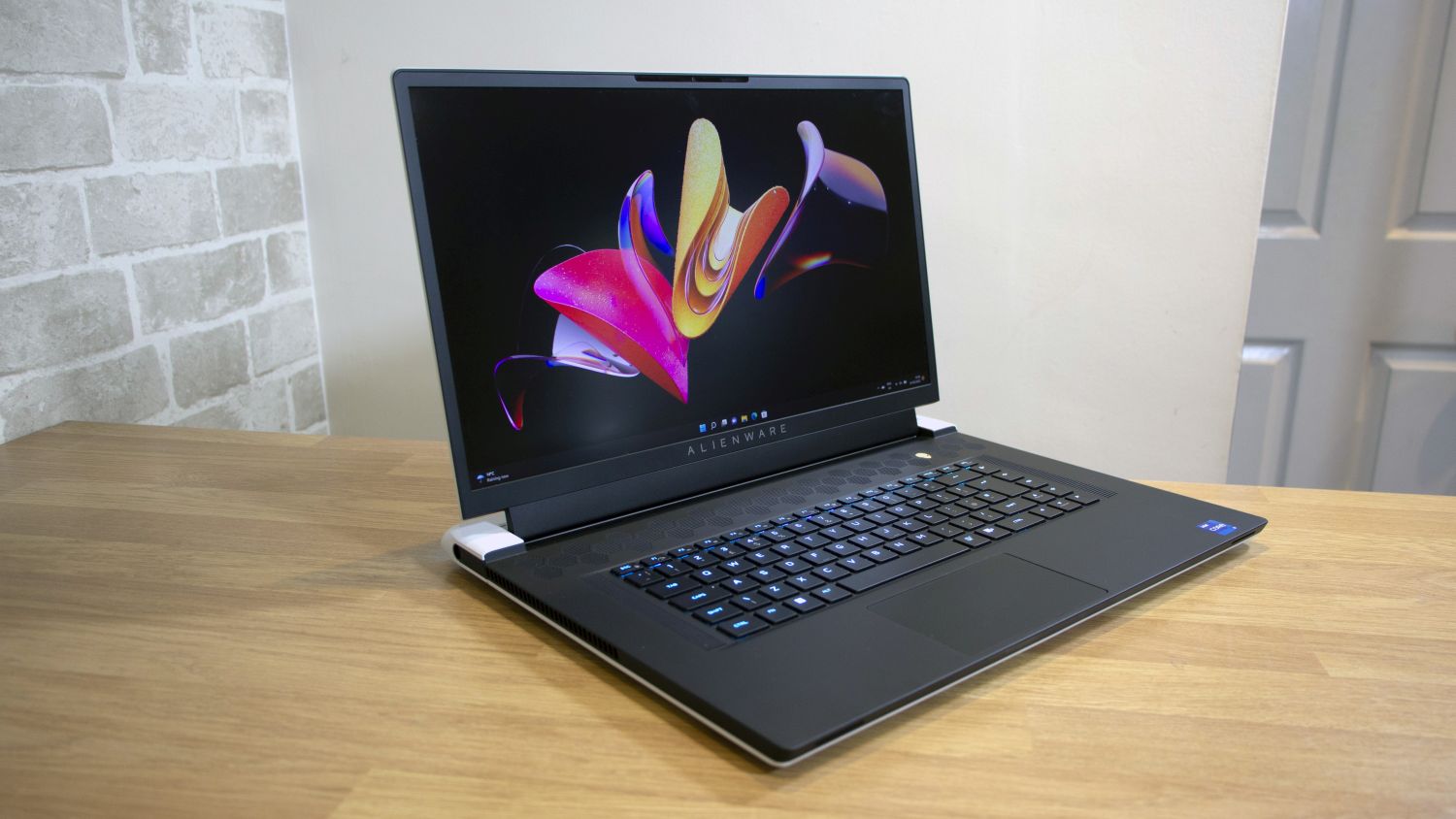
 Alienware x17 R2 review: A frighteningly fast content creation monster
Alienware x17 R2 review: A frighteningly fast content creation monsterReviews Colossal power and a rock-solid exterior make for an expensive portable powerhouse
By Mike Jennings